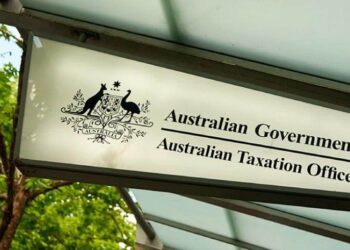The Australian Council of Superannuation Investors (ACSI) has urged super fund beneficiaries to take notice of the Intergovernmental Panel on Climate Change (IPCC) report saying it will be a catalyst for investors to adjust climate targets.
The IPCC report said the window to take action had narrowed, underscoring the urgency of managing climate risk and the transition towards decarbonisation with each increment of warming above 1.5° Celsius leading to an increasing number of adverse climate change risks.
ACSI chief executive, Louise Davidson, said: “In addition to the human, social and environmental cost, climate risk is a material financial issue for companies, investors and super fund beneficiaries that has serious implications if not managed.
“Investors are looking closely at the severe economic costs, and broader impacts, detailed in the IPCC’s most recent research. To mitigate these risks and take advantage of the opportunities, increased policy ambition is crucial by strengthening Australia’s 2030 emission reduction targets and taking action to ensure an orderly, just and equitable transition.
“The IPCC report will sharpen focus of investors in assessing the speed and ambition that is required to manage climate risks.”
The IPCC report also outlined the devastating impact of climate change on natural ecosystems including biodiversity, with climate change projected to lead to irreversible losses and impacts across many regions and ecosystems. Biodiversity loss presents a material financial risk to investors and companies unless they seize opportunities to protect Australia’s natural systems.
“The latest IPCC work highlights that the loss of biodiversity, the living component of natural capital, can disrupt the availability of raw materials, the flow of supply chains, the ability to develop greenfield projects and the growth of sectors such as tourism and agriculture when biodiversity systems collapse,” Davidson said.




